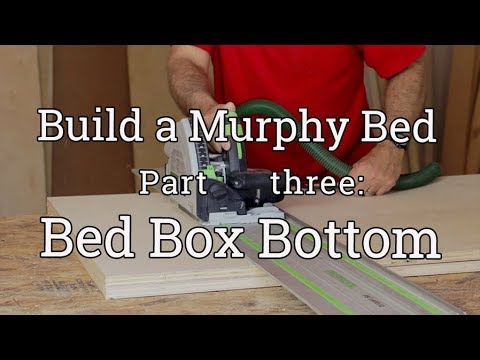The key to great-looking vinyl is great-looking trimwork (and great-looking vinyl)
Episode 7: Exterior Trim
Last time on the Model Remodel Show, we were setting windows in the walls and sealing them tight for an energy-intelligent assembly
"We weren't expecting to have the option of triple-glazed windows on this project, especially triple-glazed windows that are made in the US. It's nice to see manufacturers starting to catch on to that trend and giving us that option for glazing."
—Ben Bogie, remodeler
So with the shell of the house dried in, Ben and the crew move outside to install exterior trim, in preparation for siding.
"Last week our focus was exterior trim, which we're wrapping up currently. We've spent a fair bit of time this week with our mechanical subcontractors, getting our HVAC, plumbing and electrical roughed in, that's moving right along and we're approaching our inspections for that.
Started the week off by doing our fascias, soffits, soffit vents, frieze boards, corner boards, mudboards, and we were able to work through all of that and started actually getting some siding on the wall."
The process for running exterior trim is pretty straightforward, once the design is set. This design is based on Greek Revival, which was on churches, mansions, and farmhouses all over New England.
It often features full Gable returns to form a cornice with wide corner boards, frieze boards, and water tables at the bottom.
It all begins with bare walls.
Fascia and soffit go up first. Full gable returns were the original choice, but some siding decisions changed the plan to cornice returns on the ends of the gable.
You can do a simple porkchop return, but porkchops are better for grilling. Instead, Ben’s going to do a full cornice return.
But first, they’ll install KLEER’s premade corner boards with rabbeted edges to accept vinyl siding.
Next are the frieze boards up top and water table, or mud boards, below.
Window trim can go up at any time.
After the cornice return has been capped with metal, the gable frieze boards can go up.
And siding goes up next week.
In the meantime,
"Finishing the week off now doing our window casings,"
To be efficient, use production techniques to pre-assemble trim for multiple windows. A stop block on the chop saw keeps all of the parts a consistent length. With the parts cut to length, Ben rips them to width.
Here, Ben is building up a head casing with 5/4 and ½ in stock.
Before gluing the pieces together, he looks for the best face to leave exposed.
"... we've got a little scratch right here... I want to pick the cleanest face, and leave that to be the show face on my material. It doesn't matter on the 1/2 inch stuff, that's going to be on the back of the lamination."
He spreads the two-part PVC adhesive, flushes up the parts, and tacks them with a pin nailer.
Now, he needs to match the rabbet on the side casing, so he sets up his router table and rabbets sides of the sills and the head casings.
The butt joints will be reinforced with dominos, which Ben fabricated from trim scrap and a router.
He cuts all of the slots in all of the parts at one time to make sure the positioning is consistent, and he stacks up the parts on the work table, which is where he assembles them.
A pocket screw will help hold the parts together while the adhesive sets up, so he cuts the pocket hole now.
And gets ready for the glue up.
He injects the domino slots with glue and inserts the dominoes.
The parts are assembled, pushed together, and held tight with a pocket screw.
Now, this window trim is ready to join the pile, and go up on the wall.
With the house about finished, the verdict is in: Good stuff.
"You can immediately tell a house with vinyl siding from the road, because you can see the J-channel around everything. It was a real happy surprise for me when I discovered that KLEER is producing an exterior trim that already has that rabbet done for us.
It cuts out a lot of labor time and saves us a bunch of money to achieve that same clean look. All in all, we're really happy to see these and will continue to use them."
Tune in next time when we run siding up the walls before heading inside to see what the subtrades are doing
"Next week we're going to be finishing up all of our trades, getting the mechanical rough-ins completed and moving toward the insulation on the interior while at the same time, guys are rolling with getting the siding on the exterior.
I've got two more entry doors to install next week for the final trim-out. We should be making really nice progress for getting the exterior finishes tightened right up."
—The Model Remodel Show is a production of the SGC Horizon Media Network and was shot on location at the 2017 Model Remodel project in southern Connecticut.











